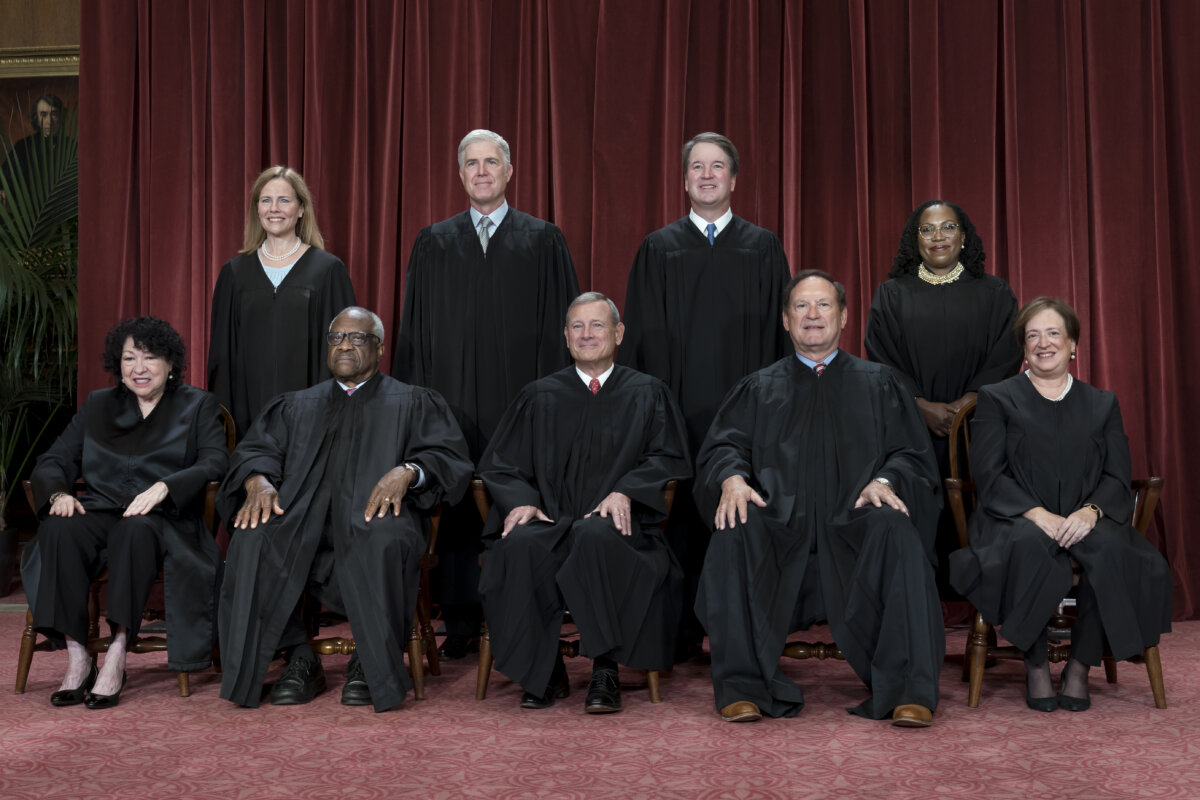Like so many others in Michigan, Art Francisco is struggling in these difficult economic times. About a year and a half ago, he lost his job at Chrysler.
Now his part-time career – officiating high school and youth sports – takes up most of his time.
“As soon as I got laid off, I started calling assigners,” said the 54-year-old Francisco, who lives in Macomb Township near Detroit.
Administrators around the country are reporting an increase in the number of people interested in officiating, especially in areas hit hard by the recession. The job typically won’t make ends meet but it can help: A particularly active referee can earn more than US$10,000 in a year.
Barry Mano, president of the National Association of Sports Officials, has long noticed an inverse relationship between the economy and sports officiating. When more people have free time and are looking for work, it’s easier to find officials.
“In a down economy, a certain number of officials who work only one sport normally start working two or three sports,” Mano said. “They morph from being a basketball referee to also take up football or soccer or some other sport so they can keep that stream of earnings coming in.”
High school sports organizations in the Rust Belt are reporting a significant uptick. Michigan had just over 13,000 officials last school year, up 1,000 from five years previous. The situation is similar in Ohio and Pennsylvania.
Hank Zaborniak of the Ohio High School Athletic Association says it’s easy to tell which parts of the state are struggling economically. Those are the places with plenty of officials.
“When the steel mills closed down in Youngstown and the manufacturing drops off, we’ll see a spike,” Zaborniak said. “We’ll see more folks from that area of the state enter officiating, and often times it’s because of the additional income, just to help offset what they might have lost.”
There’s some evidence of that in California, too. Jim Jorgensen, who directs a group that assigns officials in the Sacramento area, said more than twice as many new officiating hopefuls than usual showed up for a recent football meeting.
The flip side of the phenomenon is true, too. In North Dakota, where unemployment rates have been among the country’s lowest, there has been concern that not enough officials would be available for the upcoming academic year. In Arkansas, the unemployment rate has consistently been about two percentage points lower than the national average, and there doesn’t appear to be a major influx of referee hopefuls.
Mike Whaley of the Oklahoma Secondary Schools Activities Association has a message for people in sports officiating classes offered by local colleges: “This is a great part-time job.”
Obviously, being a referee allows someone to get back on the field or gym floor, and gives them a chance to help develop sportsmanship among young athletes. But officials also need thick skin, and they better be in reasonably good shape if they want to work enough games to earn significant money.
Francisco, who officiates softball, football and basketball, remembers heading to an AAU basketball tournament and officiating 10 straight games on a Friday night. He expects to work six days a week this coming season.
“You wind up almost using it to make a living, you know?” the longtime auto worker said.
Francisco said a football referee could conceivably make $1,000 in a week, but that stamina-testing schedule would include junior varsity games, middle school games and plenty of youth football on the weekends.
It’s not much different in Ohio. Zaborniak said a ref might make $12,000 to $14,000 a year “if you work three sports and you work as often as you might be asked to work.”
The good news is there are plenty of events. Bob Lombardi of the Pennsylvania Interscholastic Athletic Association said a growing sport like lacrosse can provide more opportunities for officials.
“I don’t think sports officiating, starting out, would ever replace someone’s income,” Lombardi said. “But I think it would be a nice secondary income.”
Zaborniak agreed. “The officiating business – it’s not a good activity for someone who’s just doing it to earn income,” he said. “It’s got to be something where you want to be involved in the development of young people and that sort of thing.”
As more people ask him how they can start officiating, Francisco has become a bit of a mentor to his less-experienced colleagues.
“A lot of guys are looking out for each other,” he said. “Especially if we’re all laid off.”
















